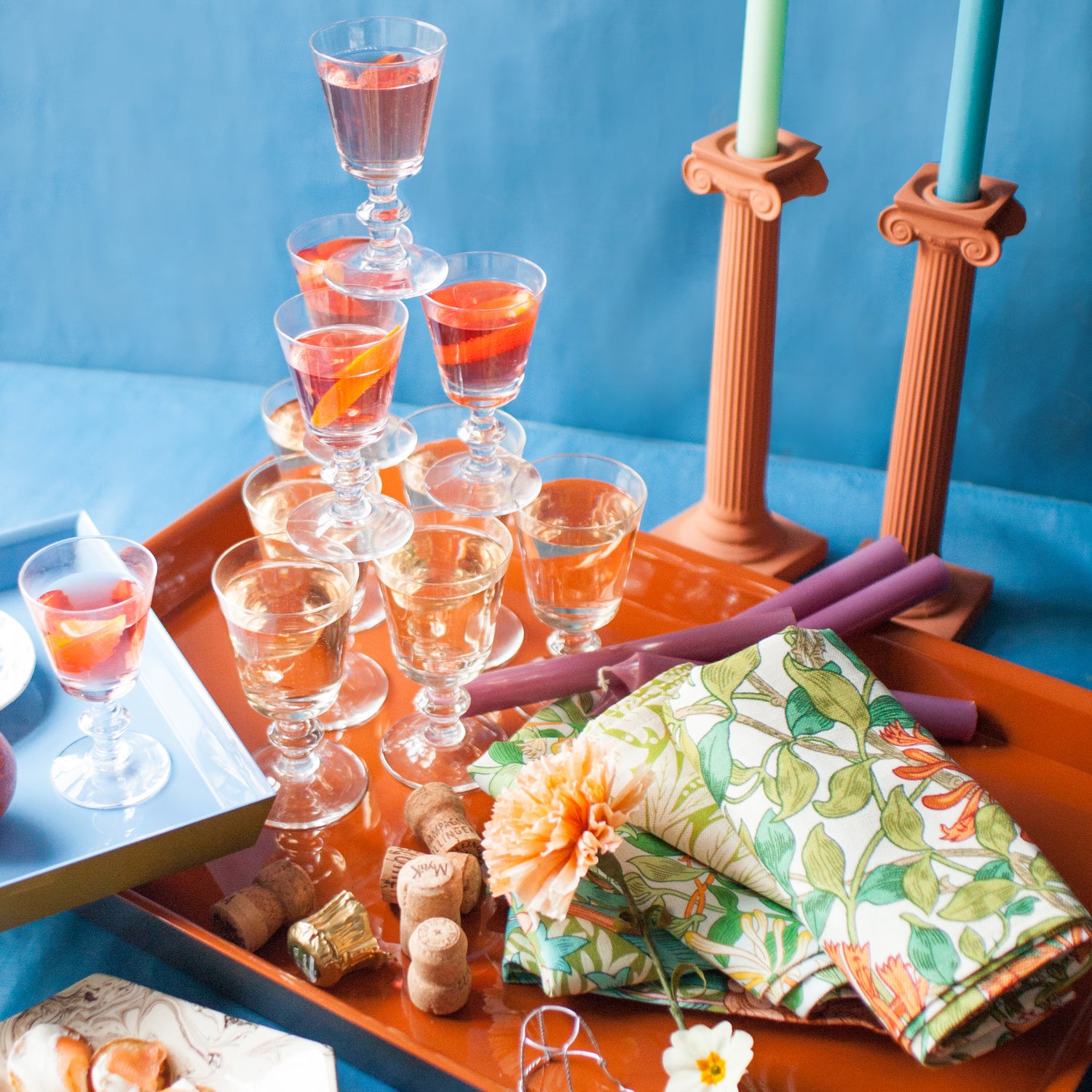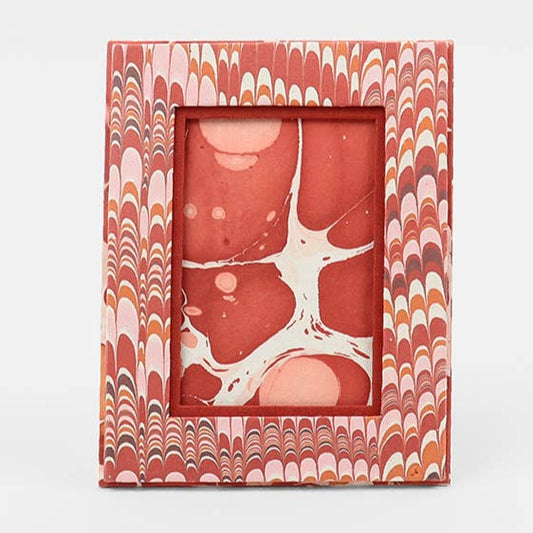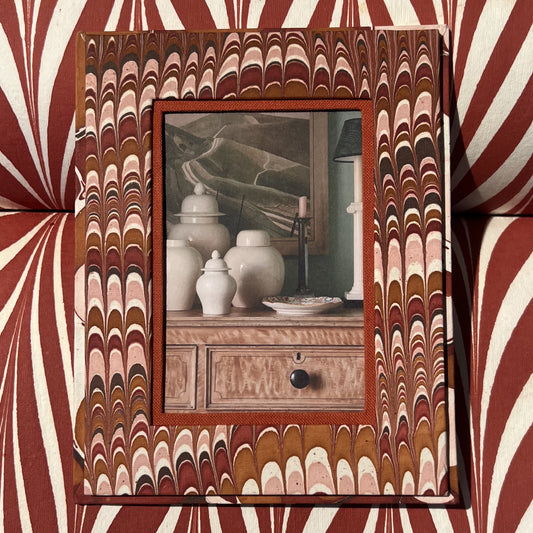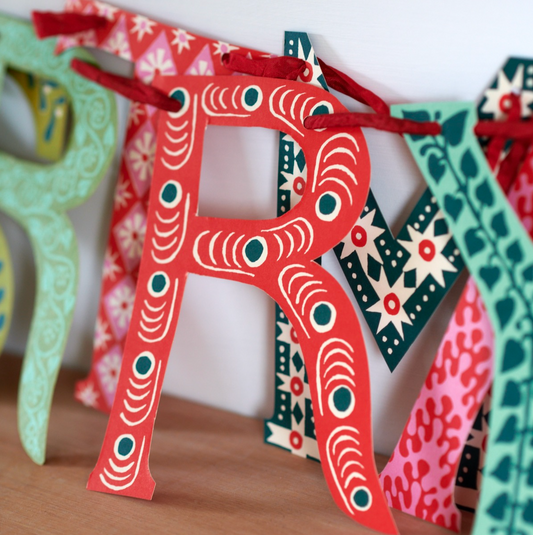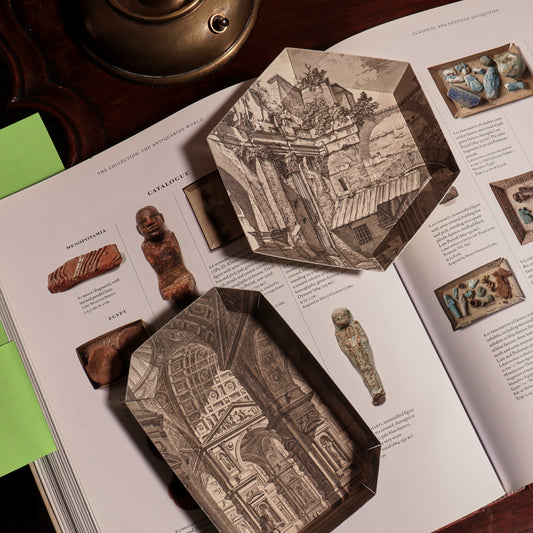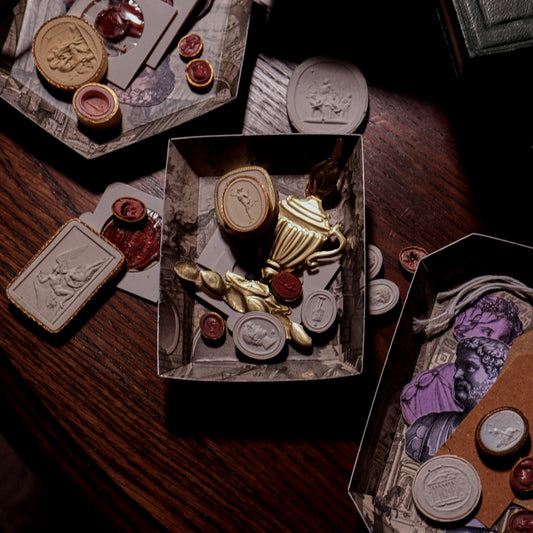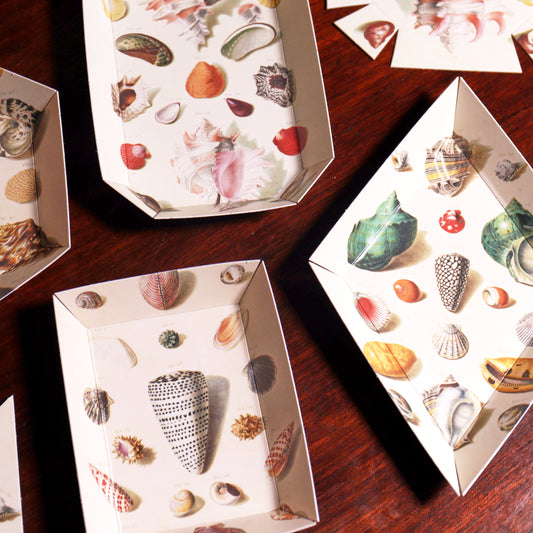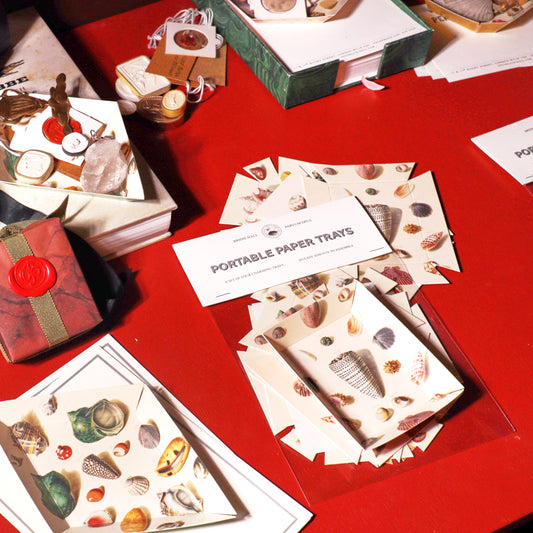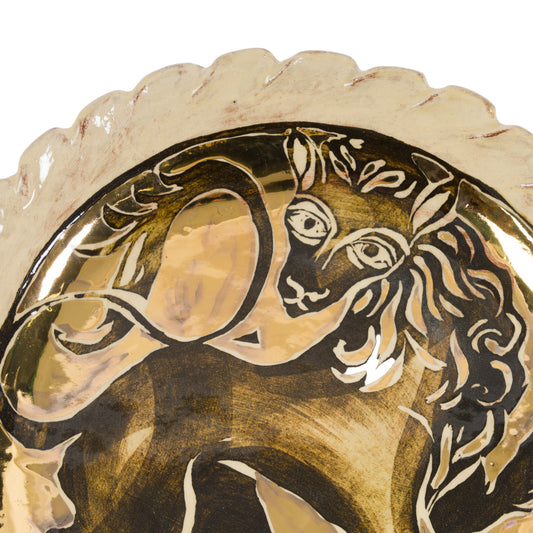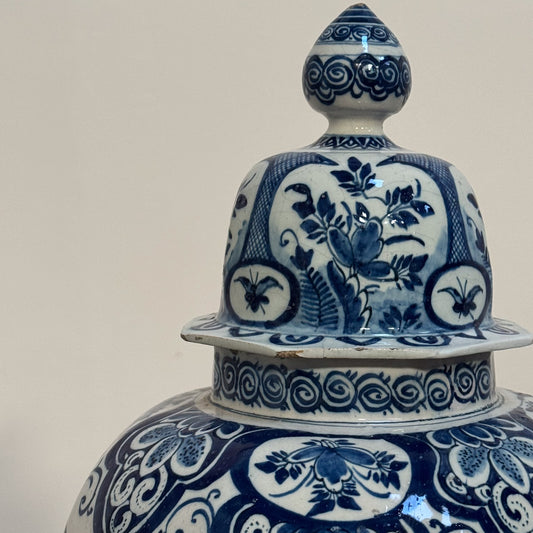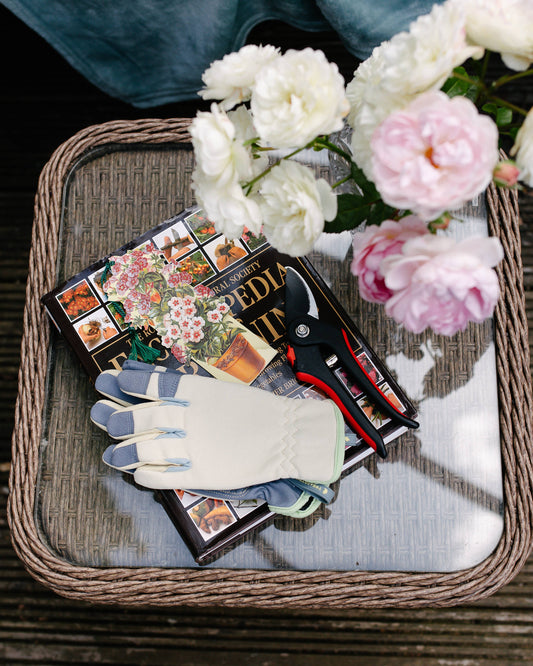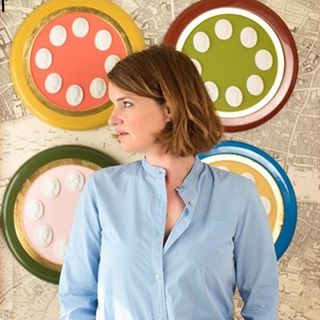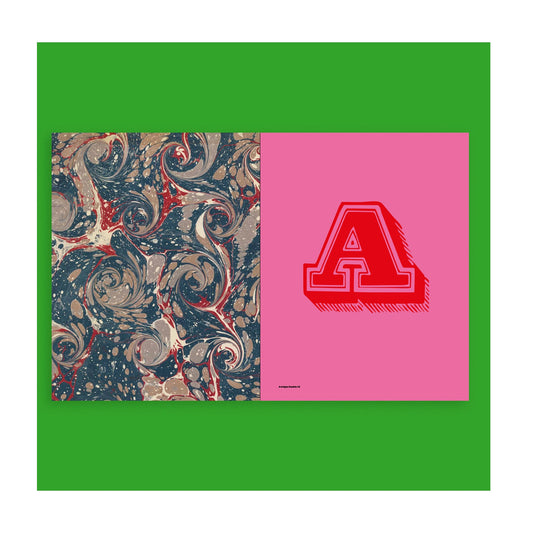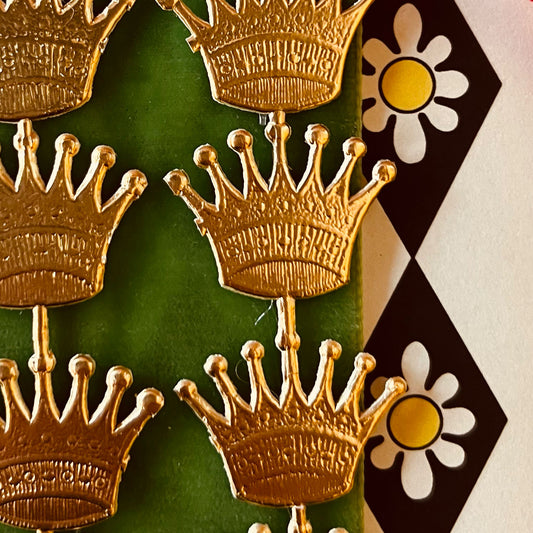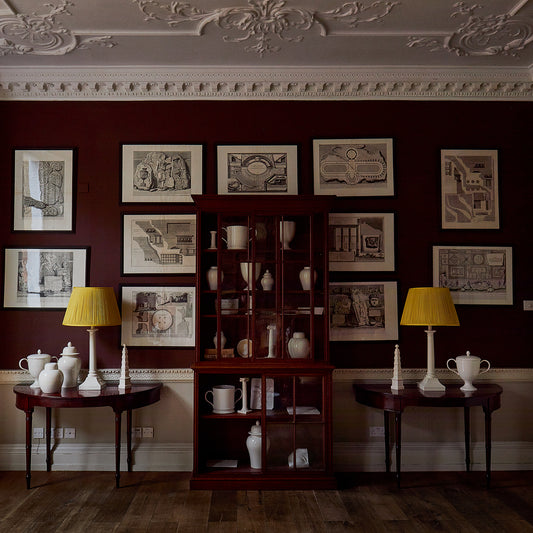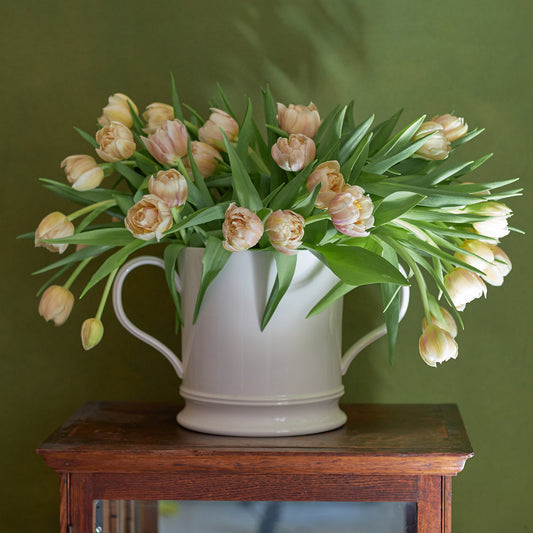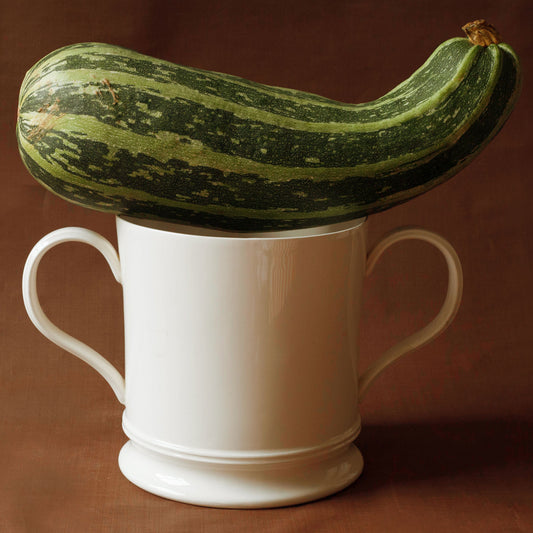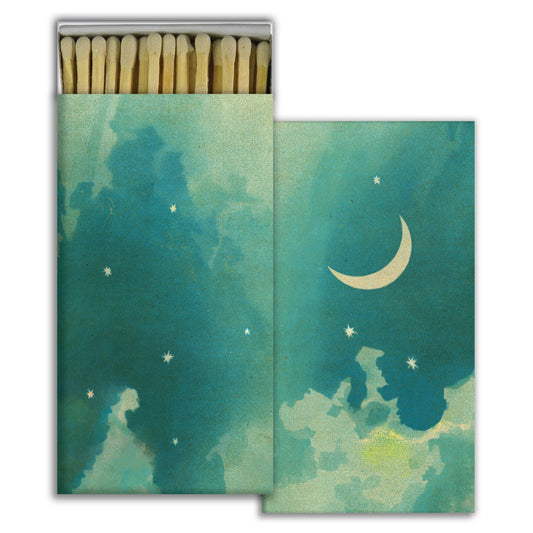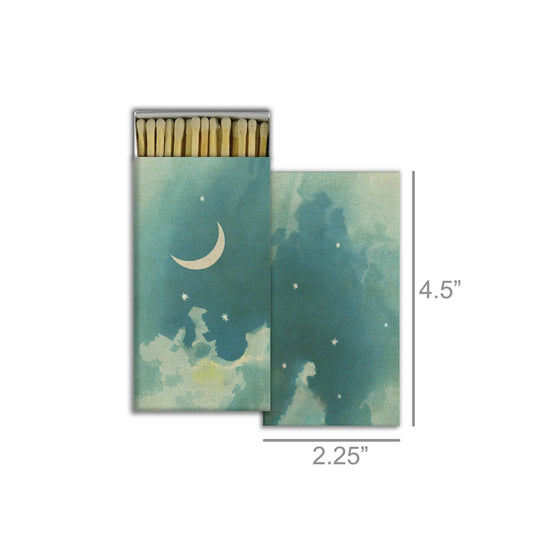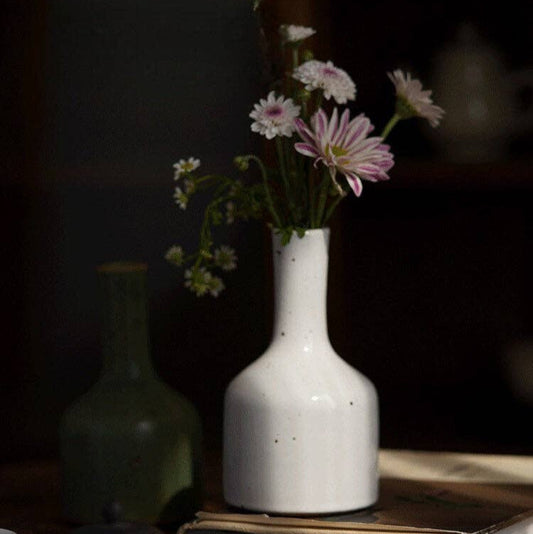Those keen readers who have discovered my friend Ed Kluz’s website and blog will already know the discovery that he made when he and Simon were staying with me the other week. You may remember, too, my post about Bridport Books and Rosie Young, and the hectic happy evening we had when Rose and Gracie & Andrew came over for supper? That day.
Well, tucked deep in the back shelves of Rose’s fantastically stocked bookshop, Ed found two beautiful, rather worn, extremely unusual books. It was one of those moments. Dorset: The Isle of Purbeck, and Dorset: Tarrant to Blandford, had a fascinating, handmade quality, and as Ed opened the covers and as we browsed through them—well, we were both bowled over there and then by the beautiful, rich illustrations, with their bold perspectives, powerful drafting techniques, crude but brilliant printing, and extraordinary changes of scale and texture from page to page.
Rose told us a little about Rena Gardiner, the author; but Ed, Simon and I had never heard of her. That evening we found a link on Google (yes, this is why I love the internet) to a lecture give by Martin Andrews, of the University of Reading. If you have a spare half an hour, I suggest settling down, as I did one evening a few days later, with a good glass of red wine, and enjoying Martin’s introduction to the quiet world of this extraordinary illustrator and artist. Ed’s blog has catalogued the details of her career, and there is also a fine appreciation by Tony Burton-Page in Dorset Life that you can read here.
What I loved learning is the fact that every book she published was written, drawn, printed and produced by Rena, all made from start to finish in her small thatched cottage in Tarrant Monkton. Later on, she did become a little better known, writing a series of beautiful guide books for the National Trust, but essentially, working as she did, quietly, and entirely by herself, Rena never achieved widespread acclaim. She died, aged 70, in 1999.
Her books were printed in limited runs, and, produced as they were on basic printing machines in Rena’s house, each one is unique depending on precisely how much lithographic ink she was adding to the reservoirs at each moment. This individual quality shines through from every page. The colours and registration are not perfect but so much the better for it.
Intrigued, I spent a little time – without, it must be admitted, the thrill of Ed’s first discovery (nothing can beat a real discovery, made in a little bookshop, in a small town) – looking for Rena on the internet and via the excellent Abe Books. I’ve been able to find a few copies, and as I write, there are one or two still for sale (it has to be admitted, at rather eye-watering prices).
Reading Rena’s books, with their clear language, and innocent, open hand, and looking at this photograph of her, standing at her printing press in the cottage as a younger woman, one feels struck by the impression of a wonderfully benevolent, kind person; a character that exudes from each page.
Rena Gardiner, 1929-1999, Chronicler of Dorset: a remarkable inspiration.
